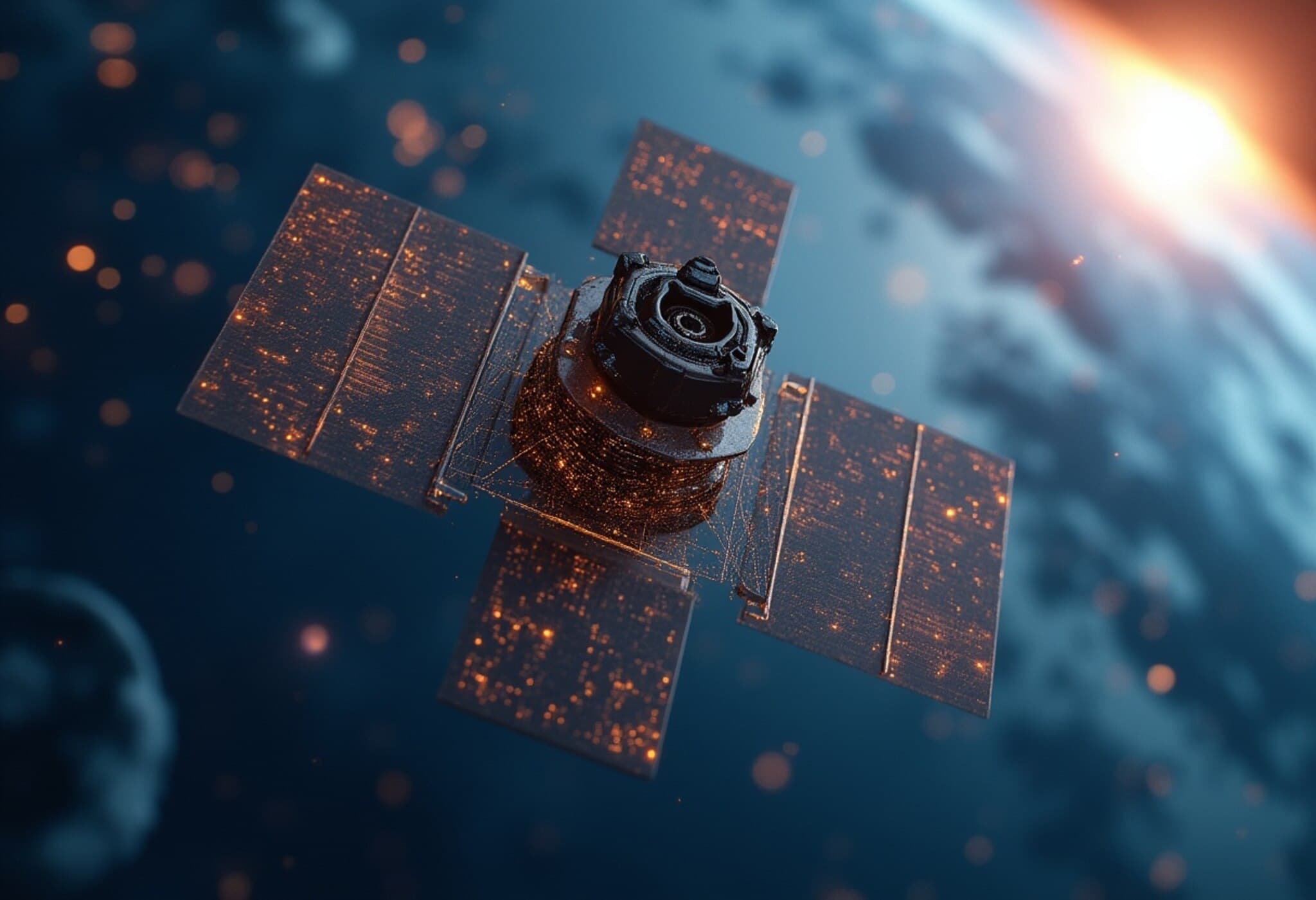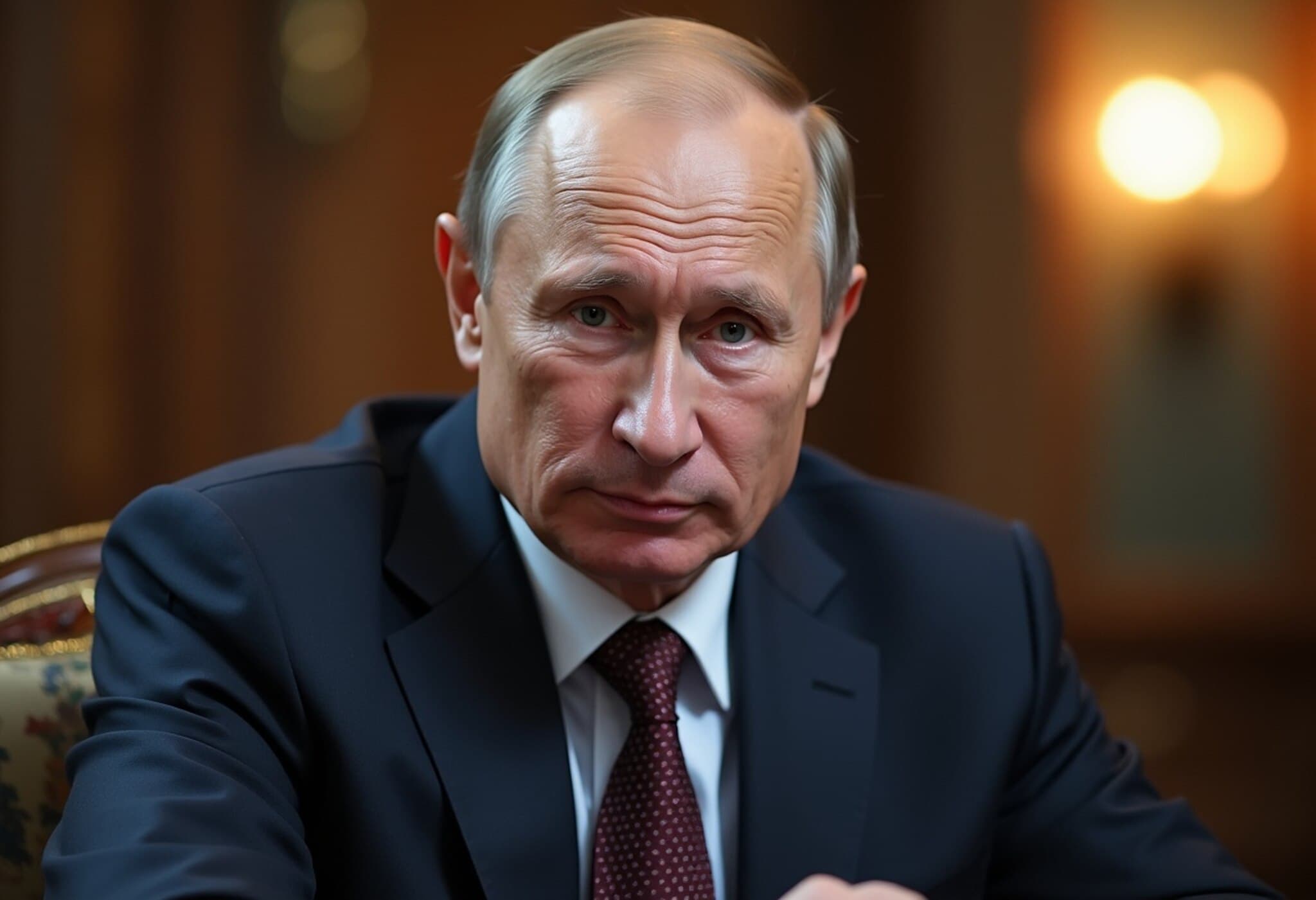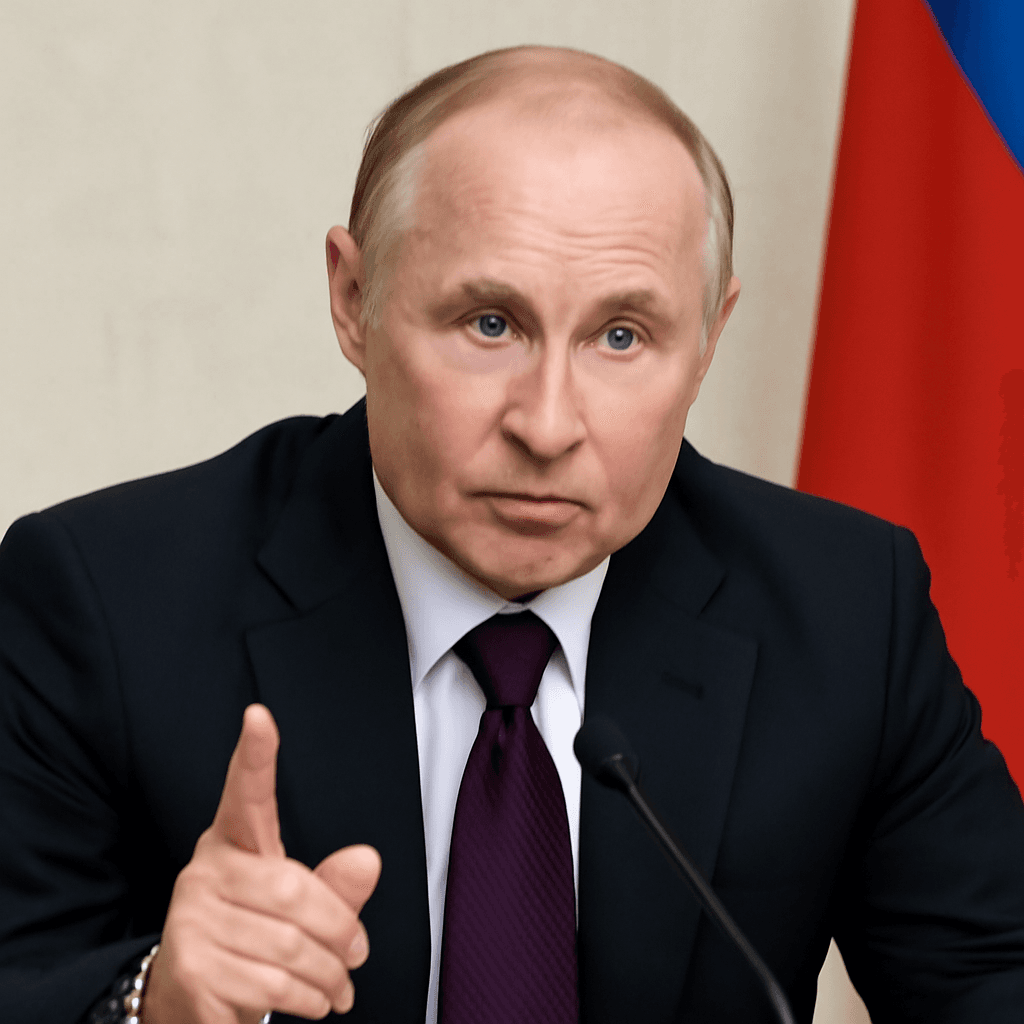Poland Eyes Strategic Stake in Satellite Firm That Bolstered Ukraine's Defence
As tensions escalate across Eastern Europe, Poland is taking decisive steps to strengthen its defense capabilities against the growing threat posed by Russia. Central to this effort is Poland’s plan to acquire a significant stake in Iceye, a Finnish satellite imagery company that played a vital role assisting Ukraine’s military efforts during the ongoing conflict.
Iceye’s Critical Role in Ukraine’s Resistance
Founded in 2014 by Rafał Modrzewski and Pekka Laurila, Iceye initially focused on providing radar imagery to facilitate Arctic shipping navigation. However, the firm swiftly pivoted when the Russian invasion of Ukraine loomed in early 2022, redirecting its satellite technology toward military intelligence. Iceye’s radar satellite images revealed key information about Russian troop movements, empowering Ukrainian forces to prepare better defenses in real time.
The impact of such precise, timely satellite data cannot be overstated. In a conflict where rapid adaptation and battlefield awareness are crucial, Iceye’s technology provided a critical edge to Ukraine, allowing planners to anticipate and counter Russian advances more effectively.
Polish Investment and the European Push for Strategic Autonomy
According to reports from the Financial Times, Poland is finalizing a deal to acquire a stake in Iceye. The exact share size remains undisclosed, but the move signals Warsaw’s commitment to securing independent, reliable satellite intelligence capabilities amid growing geopolitical uncertainties.
This initiative aligns with broader European efforts to reduce reliance on U.S.-based satellite providers, whose access can be subject to political fluctuations—as seen during former President Donald Trump’s administration, when Ukraine was denied access to Maxar satellite imagery. Poland’s investment, likely channeled through its national development bank, complements a recent $230 million government purchase of six satellites, underscoring Warsaw’s focus on autonomous strategic assets.
The Growing Importance of Satellite Technology in Modern Warfare
In an era where information dominance shapes military outcomes, satellite imagery and internet services have become indispensable tools. However, Europe’s dependence on American firms like Maxar and SpaceX’s Starlink has exposed vulnerabilities. Political decisions in Washington have, at times, limited access in critical moments, prompting European nations to seek homegrown or allied alternatives.
Iceye is expanding production rapidly to meet surging demand, aiming to manufacture over 100 satellites annually—compared to 25 previously. This scale-up will not only solidify its market position but also increase Europe’s capacity to acquire timely intelligence independently.
Expert Perspective: Strategic Implications for European Security
Dr. Anna Kowalski, a defense analyst specializing in Eastern European security, notes, “Poland’s move to acquire a stake in Iceye is more than a business investment—it’s a strategic imperative. The conflict in Ukraine has exposed gaps in Europe’s ability to access reliable, politically independent intelligence. By investing in Iceye, Poland is seizing control over a critical military technology and setting a precedent for regional resilience.”
Beyond the immediate military utility, such investments may serve as a catalyst for European technological sovereignty, reducing longstanding dependencies on external powers and helping to reshape the continent’s strategic landscape.
Looking Ahead: What This Means for Europe
- Enhanced Defense Preparedness: Poland’s stake in Iceye could bolster its military intelligence resources significantly.
- European Satellite Autonomy: This signals a shift toward building indigenous or allied satellite capabilities amid geopolitical uncertainties.
- Potential Ripple Effects: Other European nations may follow suit, increasing investments in space tech for security.
- Economic and Industrial Impact: Scaling up satellite production fosters innovation and jobs within the European tech sector.
Editor’s Note
Poland’s strategic stake in Iceye underscores a pivotal moment in European security and technological autonomy. While the investment enhances Warsaw’s defense posture against a belligerent Russia, it also raises broader questions about Europe’s reliance on external technology and the evolving dynamics of geopolitical influence in space. Observers should watch closely how this move influences regional alliances, satellite technology proliferation, and the continent’s preparedness for future conflicts.



















